Performance modifications can significantly enhance the power and aesthetics of a vehicle, but these upgrades often come with hidden costs that can catch enthusiasts off guard. While the allure of increased horsepower and superior handling is undeniable, it’s crucial to understand the potential financial and maintenance implications. Exploring the less obvious expenses associated with going big on performance mod upgrades is essential for any car enthusiast looking to make informed decisions.
The Financial Impact of Performance Mods
When it comes to performance mods, the initial investment can be substantial. High-quality parts such as turbochargers, exhaust systems, and suspension kits often come with hefty price tags. For example, upgrading a 2020 Ford Mustang with a top-tier turbocharger can cost several thousand dollars. The expense doesn’t stop with the parts themselves; professional installation is often necessary to ensure everything is fitted correctly, which adds to the cost. While some enthusiasts might consider a DIY approach, it’s important to weigh the potential risks and additional costs of mistakes against the relatively higher cost of hiring experts.
Another financial consideration is the impact on insurance premiums. Modifying a vehicle can significantly increase insurance rates, as insurers may perceive the vehicle to be at a higher risk of theft or accidents. For instance, adding performance parts to a 2018 Subaru WRX could lead to a noticeable hike in insurance costs. It’s crucial to inform insurance providers about any modifications to ensure coverage remains valid, as failing to do so can lead to complications in the event of a claim.
Furthermore, extensive modifications might negatively affect the resale value of a vehicle. A heavily modded 2017 Honda Civic Type R, for instance, might appeal to a niche market, but could deter potential buyers who prefer stock vehicles. Selling a modified vehicle often involves finding the right buyer who appreciates the enhancements, which can be a challenge and might result in a lower sale price compared to a similar, unmodified vehicle.
Maintenance and Repair Challenges
Performance mods can lead to increased wear and tear on vehicle components, which in turn necessitates more frequent repairs. For example, upgrading the suspension on a 2022 Toyota Supra for improved handling can accelerate the wear on related parts, requiring regular maintenance. These modifications often demand specialized servicing, which can be more costly than standard repairs and might require visits to specialized shops.
Compatibility issues are another challenge faced by those who modify their vehicles. Aftermarket parts, like a custom ECU for a 2021 BMW M3, may not always integrate seamlessly with a car’s original systems. This can lead to performance issues or even cause damage, potentially voiding the manufacturer’s warranty. It’s crucial to research and ensure that the selected mods are fully compatible with the vehicle to avoid such problems.
Finding replacement parts for specialized modifications can also be tricky. A custom-built exhaust for a 2019 Chevrolet Camaro might require sourcing parts from limited suppliers, leading to longer downtimes while waiting for parts to arrive. This can be particularly frustrating if the vehicle is a daily driver, as it may be off the road for extended periods during repairs.
Safety and Legal Considerations
Ensuring compliance with local regulations is a key consideration when modifying a vehicle. Certain modifications can lead to violations of vehicle laws, resulting in fines or penalties. For example, installing an overly loud exhaust system on a 2023 Dodge Charger might breach noise regulations in some areas. It’s vital to verify that all performance mods are street-legal to avoid legal issues and potential fines.
Modifications can also impact vehicle safety. Some upgrades, like lowering the suspension on a 2020 Audi S4, might compromise the car’s structural integrity or interfere with safety features such as airbags and stability control. Balancing performance gains with safety considerations is critical to ensure that the vehicle remains safe to drive.

Moreover, it’s important to consider the safety implications of increased power. A car with performance mods might achieve impressive speeds, but if not handled properly, it could pose a risk to the driver and others on the road. Ensuring that any modifications enhance performance without compromising safety is essential for responsible driving.
Potential Impact on Fuel Efficiency
Performance upgrades can often lead to increased fuel consumption. Enhanced power output, such as that achieved by a supercharger in a 2025 Jaguar F-Type, typically requires more fuel, which can significantly reduce fuel efficiency. This trade-off between power gains and fuel economy is a common consideration for those who heavily modify their vehicles.
The long-term financial impact of decreased fuel efficiency can add up over time. For instance, a 2026 Nissan GT-R with extensive mods might offer exhilarating performance but could also result in higher running costs due to frequent visits to the gas station. To mitigate these costs, enthusiasts can explore strategies to optimize fuel consumption, such as tuning the vehicle for efficiency while maintaining performance enhancements.
Beyond direct financial implications, the environmental impact of increased fuel consumption is another consideration. Modded vehicles with poor fuel efficiency contribute more to carbon emissions, which is an increasingly important factor for environmentally conscious drivers. Balancing performance with eco-friendliness is a growing concern in the automotive community.
Community and Lifestyle Factors
Being part of the performance mod community offers both benefits and drawbacks. Enthusiasts often find camaraderie among fellow modders, sharing tips and experiences at car meets and online forums. For example, a 2017 Mazda MX-5 Miata owner might connect with others who have similarly customized their vehicles, providing a sense of belonging and shared passion.
However, there can be pressure to continually upgrade and keep up with peers, which can become financially and emotionally taxing. The desire to stay at the forefront of trends can lead to a cycle of constant modifications, each with its own set of costs and challenges. Finding a balance between community engagement and personal satisfaction is key to enjoying the modding lifestyle without undue stress.
Maintaining and enjoying a heavily modified vehicle requires significant time and commitment. A modded car owner might spend weekends fine-tuning their car or attending events, which can be rewarding but also demanding. Balancing this hobby with everyday responsibilities is crucial to ensure that enthusiasm for mods enhances rather than detracts from one’s lifestyle.
Like Fast Lane Only’s content? Be sure to follow us.
Here’s more from us:
*Created with AI assistance and editor review.

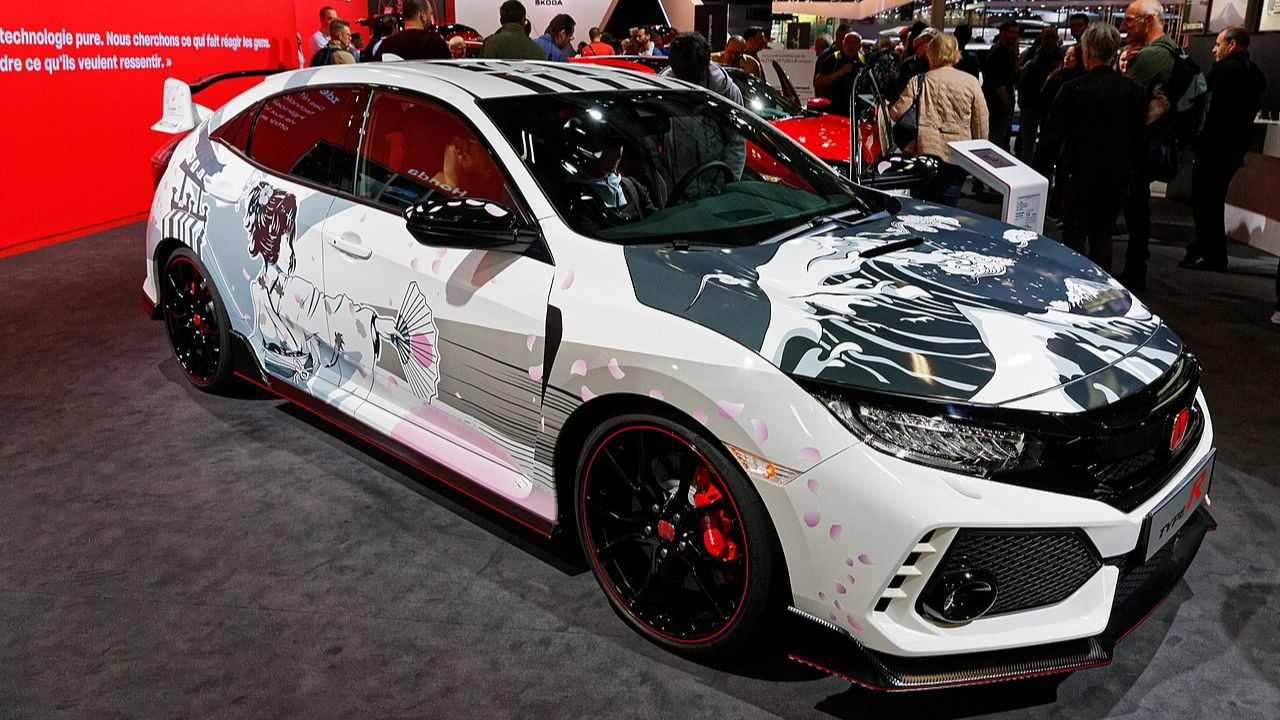
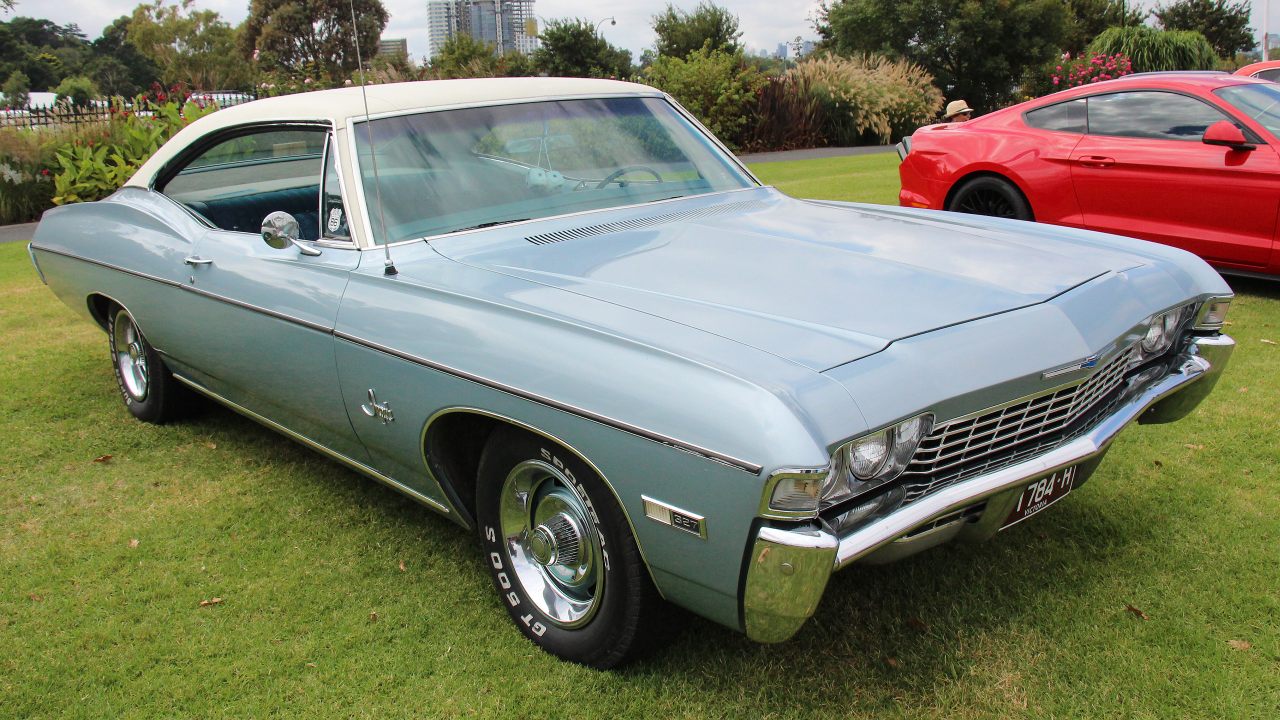
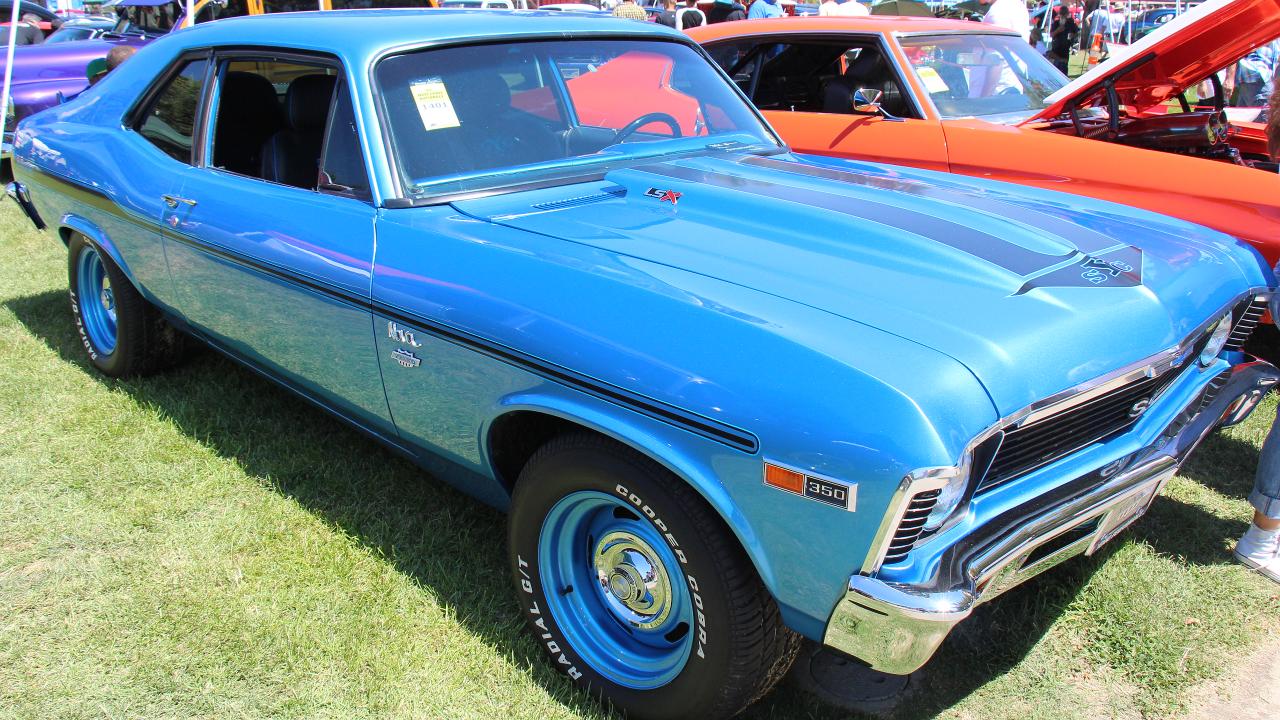
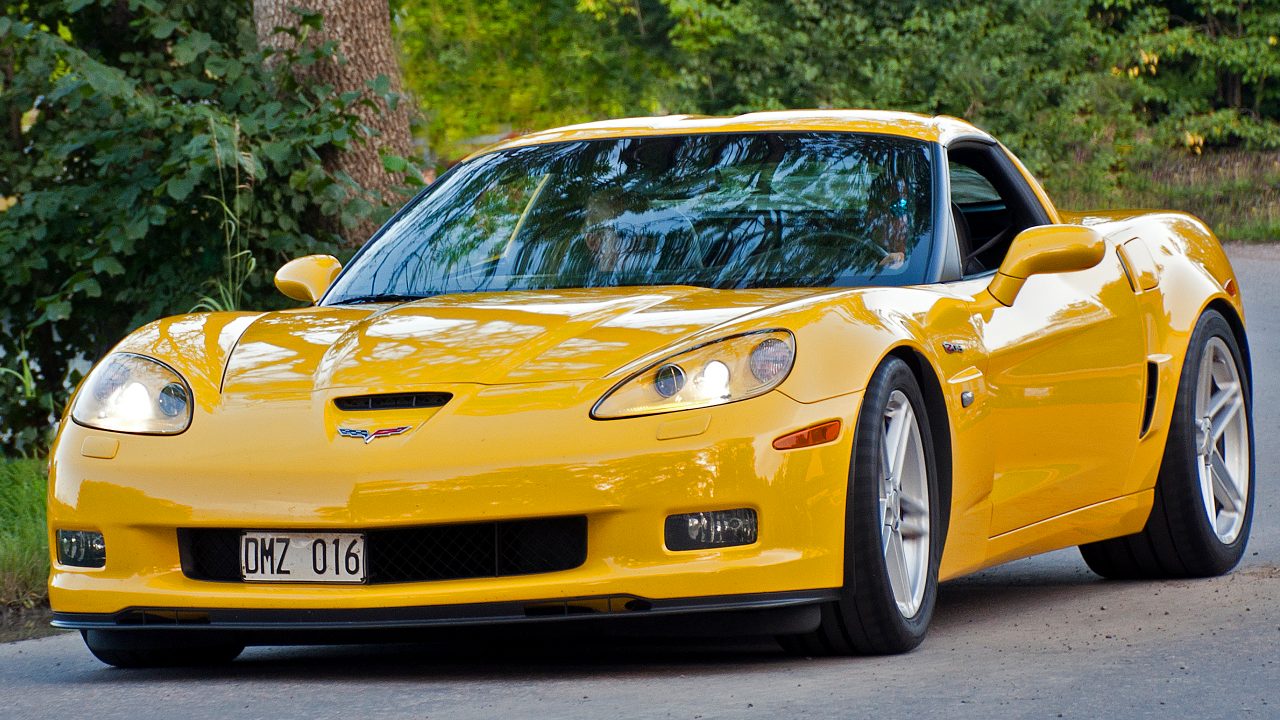

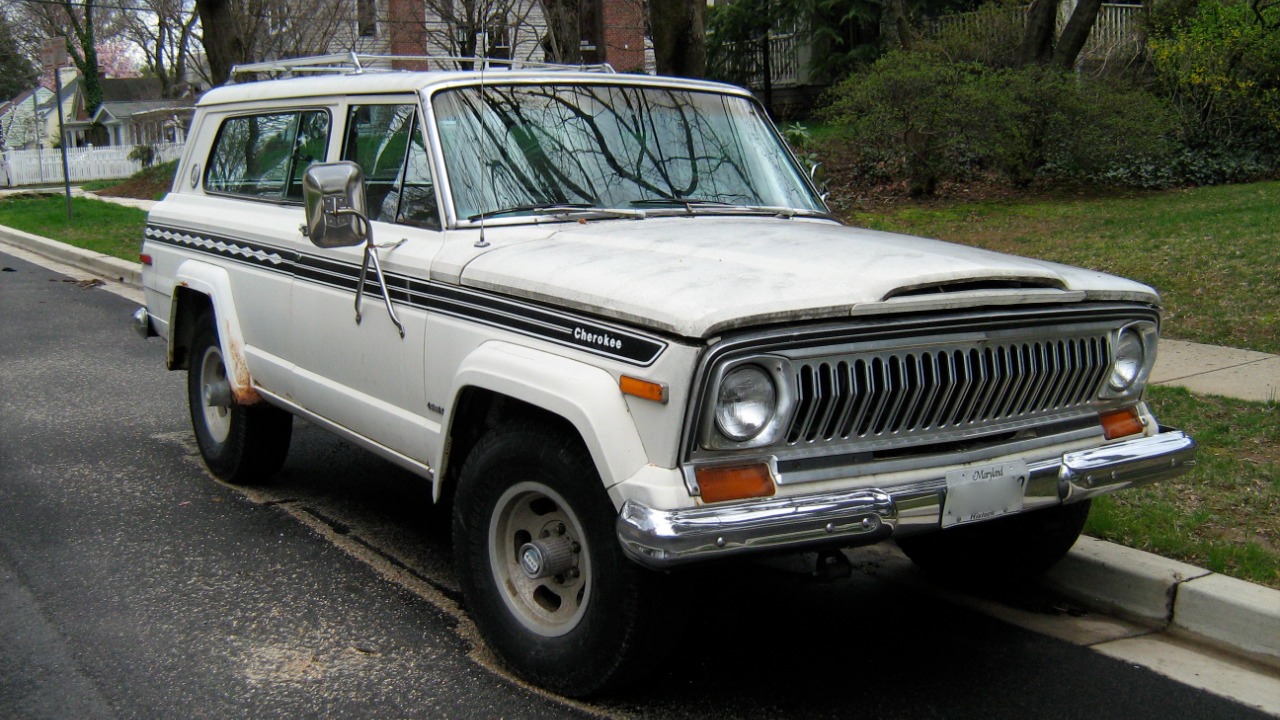
Leave a Reply